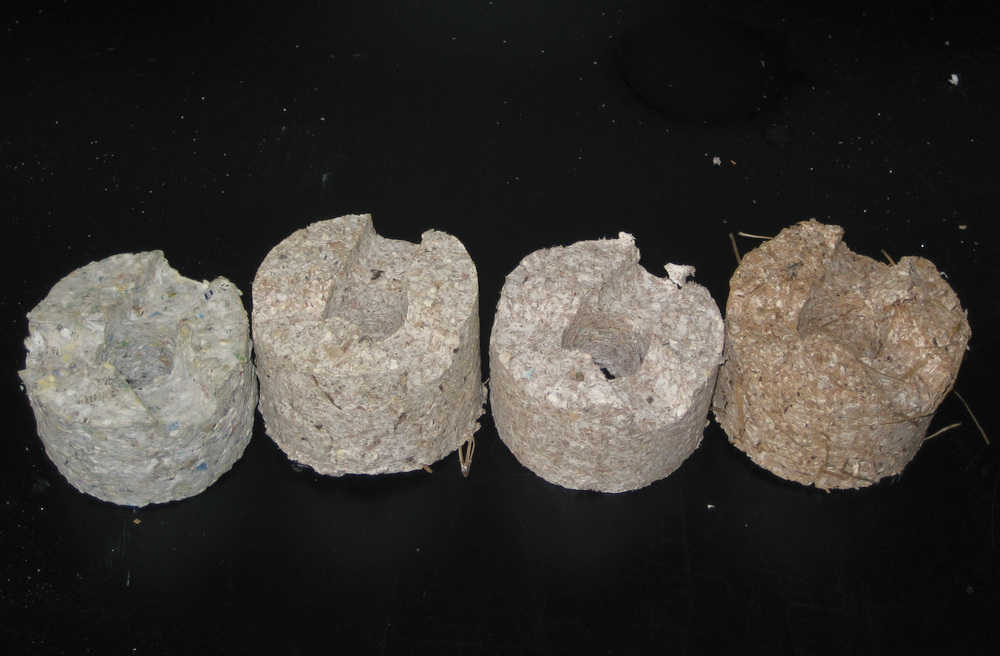The search for clean and renewable energy has become increasingly urgent in today’s world. As fossil fuels continue to deplete and contribute heavily to climate change, societies are exploring eco-friendly solutions that can meet energy needs while protecting the environment. One effective answer is the sustainable fuel alternative using briquettes, including the widely used coconut shell charcoal briquette, which transforms agricultural and organic waste into a reliable source of energy.
Introduction to Briquettes
Briquettes are solid fuel blocks created from organic by-products including agricultural residues, sawdust, rice husks, coconut shells, and discarded paper. They are produced by compressing these raw materials under high pressure without the use of chemical binders. This process results in dense, energy-rich fuel that burns more efficiently compared to loose biomass. Among the most notable types are coconut shell charcoal briquettes, valued for their long burning time and minimal smoke.
Why Briquettes Are a Sustainable Fuel Alternative
The sustainable fuel alternative using briquettes provides several environmental and social benefits that make them a practical replacement for conventional fuels such as coal, firewood, and kerosene.
1. Environmental Protection
They are considered carbon-neutral because the carbon released in combustion balances the carbon taken in by plants as they grow. This balance significantly reduces greenhouse gas emissions compared to fossil fuels.
2. Waste Utilization
Instead of leaving agricultural residues to decay or burning them openly, which causes air pollution, briquetting turns waste into valuable energy. This approach contributes to cleaner surroundings and better waste management.
3. Affordability and Accessibility
Briquettes are often made locally from widely available raw materials, making them cheaper and more accessible for rural households and small industries. This affordability increases energy security in areas where conventional fuels are costly or scarce.
4,. Efficiency and Reliability
With their compact structure, briquettes burn slowly and release steady heat for longer durations. This makes them suitable not only for cooking and heating but also for industrial applications that demand consistent energy.
Applications of Briquettes
The versatility of the sustainable fuel alternative using briquettes can be seen in various sectors:
-
Domestic Use: In households, briquettes replace traditional firewood and charcoal for cooking, offering a cleaner flame and reducing indoor air pollution.
-
Industrial Use: Many industries such as brick kilns, food processing, and textile production use briquettes as an affordable and efficient energy source.
-
Power Generation: Briquettes can also be utilized in biomass-based power plants to generate electricity, contributing to the renewable energy mix.
Contribution to Sustainable Development
Adopting briquettes supports multiple global sustainability goals. They promote responsible consumption and production by recycling waste materials, ensure access to affordable and clean energy, and encourage economic growth by creating job opportunities in local communities. In rural areas, briquette production can become a source of income for farmers and small entrepreneurs, fostering both social and economic resilience.
Challenges and Future Opportunities
While briquettes provide clear benefits, their large-scale use continues to encounter challenges. Limited awareness, lack of modern briquetting technology in some regions, and competition with subsidized fossil fuels often slow their growth. However, with increasing concerns about deforestation and climate change, interest in renewable energy is on the rise. Governments, NGOs, and private sectors are now beginning to invest more in briquette production and promotion.
Conclusion
In conclusion, the sustainable fuel alternative using briquettes demonstrates how waste can be transformed into a valuable energy source. By replacing fossil fuels, briquettes help reduce carbon emissions, improve waste management, and provide affordable energy solutions for both households and industries. With greater awareness and supportive policies, they have the potential to become a mainstream renewable energy option that benefits people and the planet.

